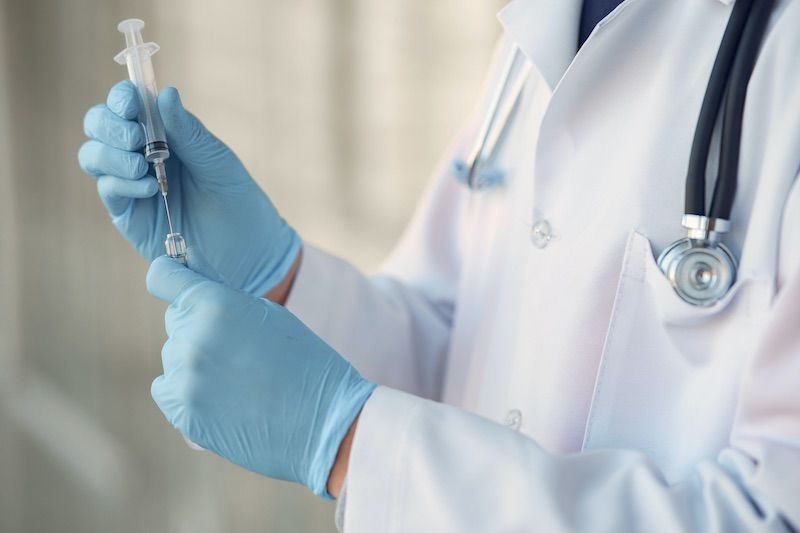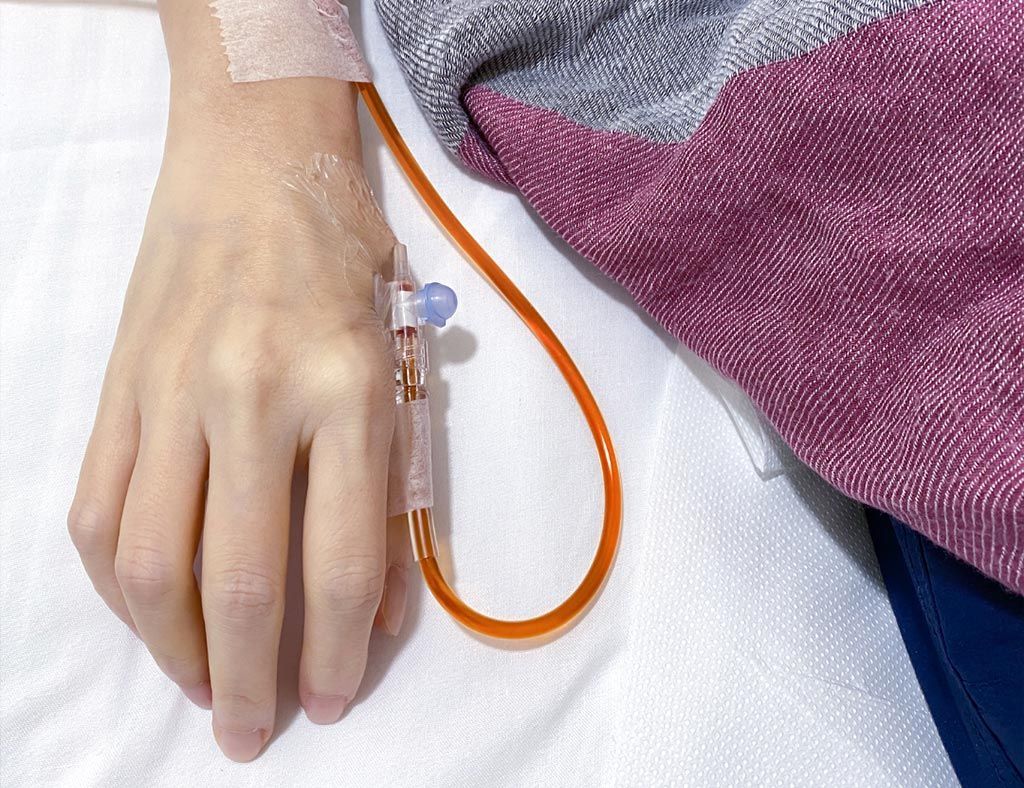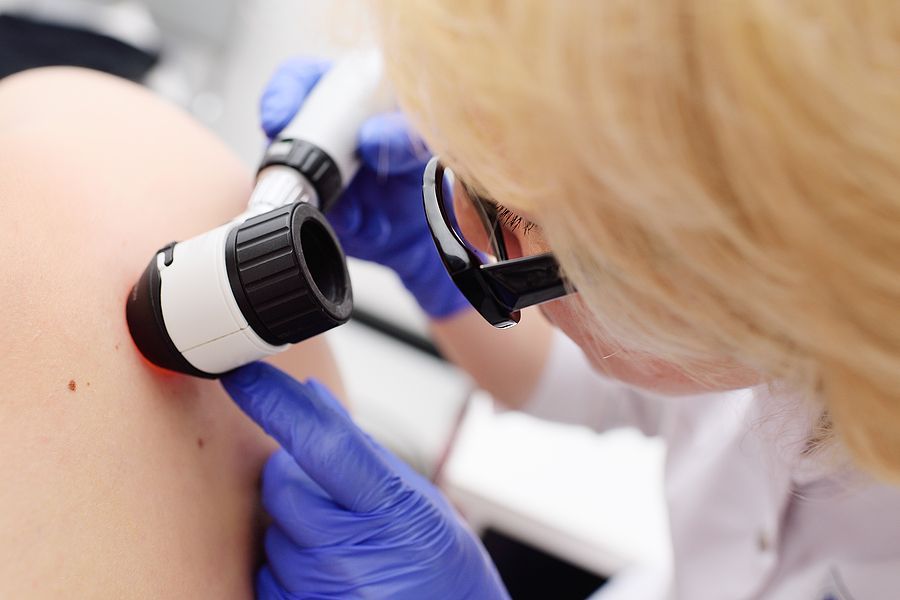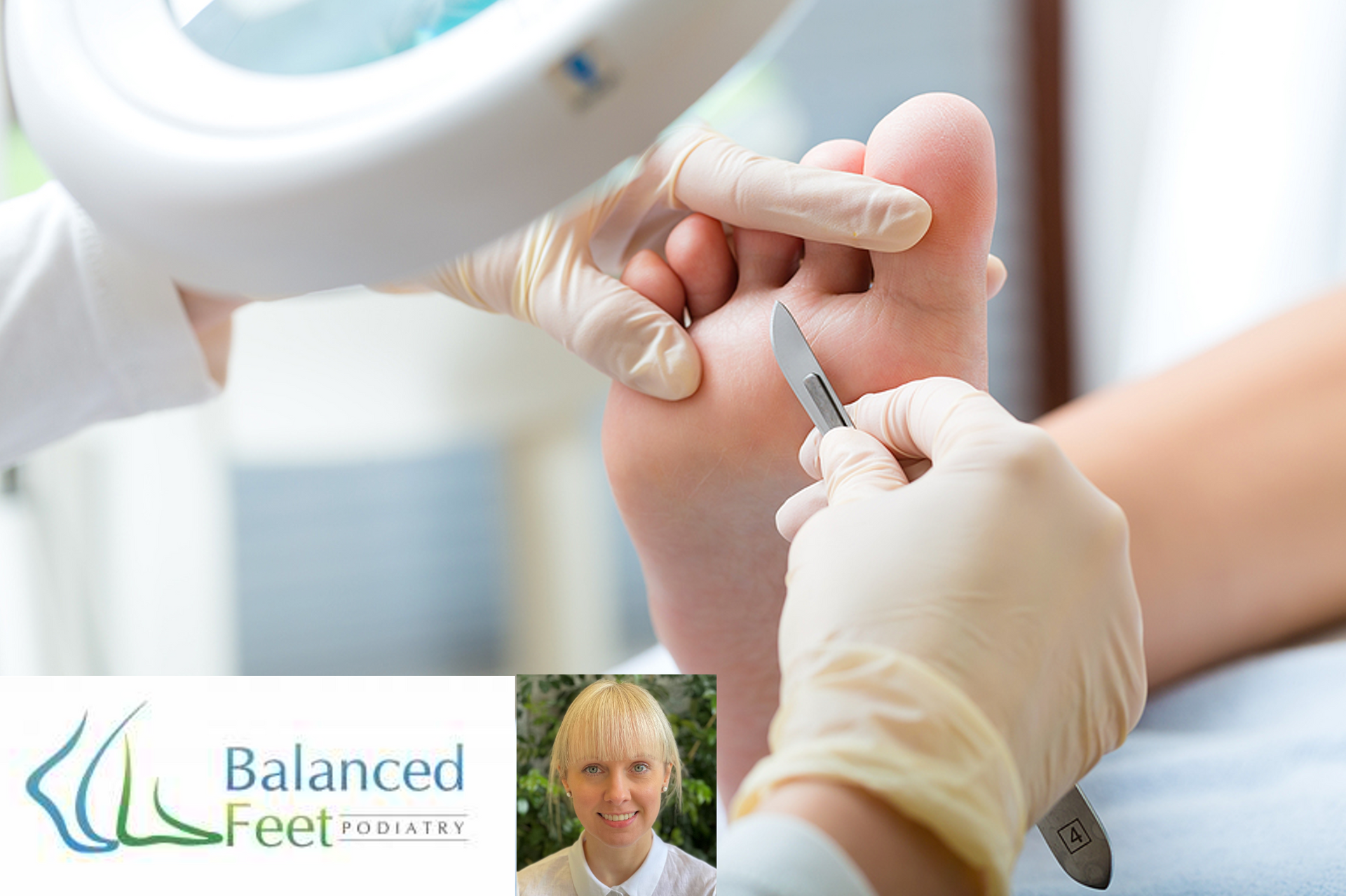
We welcome new patients from all communities and look forward to seeing you at one of our clinics.
Greensborough Road Surgery
520 Greensborough Road, Greensborough VIC 3088
Monday 8.00am – 7.00pm
Tuesday 8.00am – 7.00pm
Wednesday 8.00am – 6.00pm
Thursday 8.00am – 6.00pm
Friday 8.00am – 6.00pm
Saturday CLOSED
Sunday CLOSED
Public Holidays CLOSED
WATSONIA ROAD MEDICAL CENTRE
19 Watsonia Road, Watsonia VIC 3087
Monday 8.00am – 600pm
Tuesday 8.00am – 600pm
Wednesday 8.00am – 6.00pm
Thursday 8.00am – 6.00pm
Friday 8.00am – 6.00pm
Saturday 9 .00am - 12.00pm
Sunday CLOSED
Public Holidays CLOSED
After Hours Care
When our practice is closed please contact Doctor Doctor at 13 26 60.
Doctor Doctor is Australia’s most trusted provider of medical services in the home. This service is available from 6pm- 8am weekdays, 12 noon Saturdays and all day Sundays and public holidays. This is a government initiative, therefore it is bulk billed.
In the case of an emergency please contact 000.

About Us
Greensborough Road Surgery has been servicing the local community since 1985. Watsonia Road Medical Centre, a new purpose-built clinic opened in 2019 to cater for the growing needs of our patients.
The doctors from both clinics have always endeavoured to provide the highest quality of service with professionalism and compassion. With the wide range of special areas of interest, expertise and skills among the medical staff at the two clinics, you will find all your healthcare needs will be well managed.
All the staff believe in holistic management of each individual, encompassing mental, physical and emotional health.
Medical Services

IMMUNISATIONS
Vaccination is a vital part of preventive medicine, from newborn babies through to adulthood. At Greensborough Road Surgery and Watsonia Road Medical Centre, we have multiple immunisations practitioner nurses who together with the Doctors provide this service.
For further information refer to the link below

TRAVEL VACCINATIONS
Planning travel can be an exciting time however it is vital for you to prepare and be adequately immunised prior to starting your holiday. Doctors can provide comprehensive travel consultations and can advise you what vaccinations are required for all destinations.
Please make double appointment with your doctor well in advance as some vaccinations are required to be given over a specific time frame.
In addition to vaccinations we may provide other advice specific to your destination.
For your convenience our practices store most travel vaccinations, and these are to be paid for on the day of service.

OVER 75 HEALTH
Over 75 Health Assessments are a part of the Federal Government initiatives designed to promote and maintain good health as well as independence for older Australians.
This is a full comprehensive annual medical check and there is no out-of-pocket expense.
The assessment usually takes an hour and provides a detailed overall view of your general health. The check covers areas such as sight, hearing, diet, your current medications and your immunisations.
At the conclusion of the health assessment you will discuss the findings with your own Doctor.

CHRONIC DISEASES
Greensborough Road Surgery employs a full time nurse to oversee chronic disease management.
A chronic medical condition is one that has been present for six months or longer. For example, it includes conditions such as diabetes, heart disease, asthma and arthritis requiring specialist care. Your Doctor will assess whether a plan is appropriate for you.
We work with patients on prevention of chronic diseases and provide regular checks relevant to their condition to achieve better outcomes.

MINOR PROCEDURES
Doctors at our Greensborough Road Surgery and Watsonia Road Medical Centre are able to perform minor procedures in our new well-equipped treatment rooms with the assistance of our nurse. We have an autoclave for the sterilisation of equipment and instruments and we are fully accredited and comply with Australian standards and regulations.
Minor procedures, such as excisions and suturing require a longer consult. Please ensure you advise our reception staff upon making an appointment so that we can ensure adequate time is allowed with your doctor.
There is a non-refundable fee for these minor procedures.

Implanon and IUD/Mirena Insertion and Removal
Doctors who perform Implanon insertion:
- Dr Ken Chan
- Dr Wilson Fung
- Dr Carolyn O’Shea
- Dr Amy Sinclair-Thomson
- Dr Danica Wong
- Dr Denise Bullen
- Dr Melissa Garbutt
Doctors who perform Mirena insertion (performed at Watsonia Medical Centre only):
- Dr Danica Wong
- Dr Amy Sinclair-Thomson
Implanon
Implanon NXT
- Over 99.95 % Effective
- No STI Protection
- 3 years
What is the implant?
The contraceptive implant (Implanon NXT®) is a soft plastic stick about 4 cm long. The implant slowly releases a hormone, progesterone, into your body. Progestogen is similar to the hormone produced by the ovaries.
How effective is the implant?
It is more than 99% effective at preventing pregnancy and can last for up to three years.
What stops the implant from working?
The implant may not work if you:
- Are taking some medications or natural remedies (check with your doctor, nurse or pharmacist)
- Leave it in more than 3 years
How do I use the implant?
The implant is inserted (injected) under the skin of your inner upper arm by a trained doctor. A local anaesthetic is used so that you will not feel pain when this is happening.
How does the implant work?
The implant works by preventing the ovaries from releasing an egg each month.
It also thickens the fluid around the cervix, (opening to the uterus/womb). This helps to prevent the sperm from entering.
When does it start to be effective?
When the implant is first inserted into the arm it can take up to seven days to start working to prevent pregnancy.
Where can I get the implant?
Your doctor will write you a script and you can get the implant from your pharmacy. You will then need to return to the clinic to have the implant inserted. If you don’t have a Medicare card it will be more expensive. It will be cheaper if you have a healthcare card.
What is good about the implant?
- It is the most effective method of contraception
- Once inserted (put in) you can forget about it for 3/three years
- It can last up to three years
- Many users have no vaginal bleeding (period) at all or very light bleeding
- Periods may be less painful
- Acne can improve
- It is another choice if you have problems taking the hormone oestrogen. The Pill (combined pill) and vaginal ring contains oestrogen and progestogen. The implant only contains progestogen.
- You can use it while breast feeding
- It is easy to remove
- Once removed your fertility quickly returns to normal
Are there any side effects from using the implant?
Your vaginal bleeding pattern (period) will change. It might be more often and/or irregular (at odd times). Around 20% of women will have no bleeding at all (this is not harmful to the body). Frequent or prolonged bleeding, may get better with time. Some medications can help with this bleeding, speak to your doctor or nurse.
Other possible side effects for a small number of users can include:
Headaches
Bloating
Changes to your skin
Sore/ tender breasts; and
Mood changes
These side effects often settle with time. The implant has not been shown to cause weight gain.
Can the implant cause any serious health problems?
Rarely the implant is inserted too deep and you may need minor surgery to have it removed.
Reasons why the implant might not be a good option for you:
- Have been treated for breast cancer
- Have severe liver disease take certain medications which may prevent the contraceptive implant from working (check with your doctor, nurse or pharmacist).
What if I’m late having my implant changed?
Once the implant has been in for more than 3 years, use condoms until you can have it replaced.
What happens if I get pregnant while I’m using the implant?
The implant is not known to harm a pregnancy. It is safe to continue the pregnancy (and remove the implant) or to have an abortion.
Can I use the implant after I’ve had a baby?
The implant can be inserted straight after you give birth, even if you are breast feeding.
What if I’m using the implant and I want to become pregnant?
The implant must be removed by a trained doctor or nurse.Your fertility will quickly return.
What else should I know about the implant?
- The implant does not protect you from sexually transmissible infections (STIs).
- It is good to write down the date when you had the implant put in. You will need to make sure it is taken out before it expires (up to 3 years after being inserted).
IUD
Intrauterine Device Contraception (IUD)
An intrauterine device (IUD) is a small contraceptive device that is put into the uterus (womb) to prevent pregnancy. The two types available in Australia are the copper IUD and the hormonal IUD (Mirena and Kyleena).
The hormonal IUD contains progestogen, which is a synthetic version of the hormone progesterone that women make naturally.
Both types are among the most effective methods of contraception and can stay in place for at least five years.
How IUDs work
IUDs affect the way sperm move and survive in the uterus, stopping these cells from reaching and fertilising the ovum (egg). IUDs can also change the lining of the uterus to stop a fertilised ovum from sticking. The hormonal IUD can make the fluid at the opening to the uterus thicker, stopping sperm from getting through. It can also affect ovulation by changing the hormones that cause an ovum to be released each month.
When choosing the method of contraception that best suits you, it can help to talk to a doctor or nurse about your options. Different methods may suit you at different times in your life. A doctor or nurse can give you information about the benefits and risks of using the copper or hormonal IUD, as well as other methods of contraception.
Copper IUD
The copper IUD is a small plastic device with copper wire wrapped around it and a fine nylon thread attached to the end. When the device is in place, the thread comes out through the cervix (entrance to the uterus) into the top of the vagina. This piece of thread lets you check that the IUD is still in place and makes it easy for a doctor to take it out. You cannot feel the thread unless you put your finger deep inside your vagina.
Hormonal IUD (Mirena)
The hormonal IUD (MirenaTM) is a small plastic T-shaped device that contains progestogen. This is a synthetic version of the hormone progesterone that women make naturally. The device has a coating (membrane) that controls the release of progestogen into the uterus. Like the copper IUD, it has a fine nylon thread attached to the end to make checking and taking it out easier.
Advantages of IUDs
Advantages of using the copper or hormonal IUD include:
- Both the copper and hormonal IUD are more than 99 per cent effective in preventing pregnancy.
- Both types last between five and ten years.
- Once it has been put in, you will only need to check the thread each month.
- The device can be taken out at any time by a specially trained doctor or nurse.
- Your chance of getting pregnant will go back to normal as soon as the copper or hormonal IUD has been taken out.
Disadvantages of IUDs
Disadvantages of using the copper or hormonal IUD include:
- Both types need to be put in by a specially trained doctor or nurse.
- You may have extra costs and difficulty accessing the service.
- There is a small risk of infection at the time the IUD is put in and for the first 3 weeks.
- There is a small risk of perforation, which is when the IUD makes a hole in the wall of the uterus when it is put in.
- If the IUD does not work and you get pregnant, there may be complications with the pregnancy if you continue.
- The IUD can fall out.
- Neither type gives protection from STIs.
Differences between the copper and hormonal IUD (Mirena)
There are a number of differences between the copper and hormonal IUD.
Differences in menstruation include:
- After a hormonal IUD has been put in, you may have three to five months of frequent and irregular bleeding between periods. After this time, your periods may be shorter, lighter, and less painful. About 50 per cent of women stop bleeding all together.
- After a copper IUD has been put in, you may have a few weeks of irregular bleeding between periods. After this time, your periods may be heavier and more painful.
Differences in cost include:
- The hormonal IUD is covered by a health care card in Australia. It costs around $6 if you are a card holder and around $37 if you do not have a card.
- The copper IUD is not covered by a health care card and may cost around $120 outside a public hospital setting.
Differences in side effects include:
- The hormonal IUD may cause headaches, acne, breast tenderness and an increase in appetite in the first few months.
- The copper IUD has no hormonal side effects.
Differences in medical conditions include:
- The hormonal IUD should not be used if you have had breast cancer in the last five years.
- With rare exceptions, the copper IUD will not have any known effect on existing medical conditions.
Making an appointment:
- Booking an IUD insertion requires an initial assessment and examination with tests if indicated to determine medical suitability.
- If appropriate the doctor will then schedule an IUD insertion appointment. If any complicating factors are identified then this will be required to be addressed prior to the consideration of an IUD insertion.
- Please note that the Medicare rebate does not fully cover the cost of the IUD insertion. Please call and ask for the fee schedule.

IRON INFUSIONS
This is a procedure that is offered in the clinic if recommended by your treating doctor in Greensborough Road Surgery or Watsonia Road Medical Centre

SKIN CANCER CHECKS
Most skin cancer can be successfully treated if it is found early. But without treatment, skin cancer can be deadly.
All Australians are encouraged to protect their skin from the damage caused by UV rays of the sun and to get to know your skin. Check all of your skin, not just sun-exposed areas. If you notice anything unusual, including any change in shape, colour or size of a spot, or a new spot, visit your doctor as soon as possible.
Dr Denise Bullen has a special interest in skin cancer, and has a Diploma in Skin Cancer Medicine. Dr Bullen can provide head to toe skin checks and management options based on current best evidence guidelines. Skin checks are recommended every 6-12 months, depending on the individual’s risk factors. Please contact our friendly staff to book your Skin Check.
Fees
Standard skin check $155 (Medicare rebate $80.10, out of pocket cost $75.30)
Brief skin check $95 (Medicare rebate $41.40, out of pocket cost $53.80)
There is a Discount of $10 for Healthcare Card Holders and Pensioners
Please note there is an extra charge on Saturdays

Pre-pregnancy and Antenatal Shared Care
Antenatal Shared Care
At Greensborough Road Surgery we have a number of doctors who are accredited antenatal shared care providers with The Mercy Hospital, The Northern Hospital and The Women’s Hospital.
If you are planning to start a family or you are currently looking for a doctor to manage your current pregnancy please inform our administration staff when you are making your appointment.
The doctors who are current accredited shared care affiliates are:
Dr Ken Chan
Dr Danica Wong
Dr Amy Sinclair-Thomson
Dr Melissa Garbutt
Pre-pregnancy Checks
When you and your partner are planning to start a family, it is an ideal time to make an appointment as a couple to see a doctor in GRS/WRMC for pre-pregnancy checks. It is ideal to optimise your health prior to conception. There are vaccines that you may require prior to pregnancy to reduce your risk of infection. Screening tests can also be considered for couples as part of the process of planning a pregnancy.

PATHOLOGY
Watsonia Road Medical Centre has onsite pathology that is open between 8.00am to 4.00pm Monday to Friday and 9am to 12pm on Saturday

PODIATRY
Claudia is a graduate of LaTrobe University, graduating in 2009 with a Bachelor in Podiatry. She enjoys all aspects of podiatry; however has a specific interest in the management of musculoskeletal conditions, diabetic foot care, patient education and children’s foot problems.
She takes absolute pride in her work and she is committed to delivering the best evidence based care to all patients. She takes a holistic approach to each individual’s health to ensure all aspects of your body are well looked after.
Outside of podiatry, Claudia keeps busy spending time with her young family. Claudia also speaks fluent Polish.
Services:
- Diabetes foot care
- Orthotic therapy
- Ingrown toenails
- Heel pain
- Children’s feet
- Corn and callous removal
- Sports related injuries
Medicare EPC & DVA referrals welcome.
Call 9435 0711 for more information or to book an appointment
Latest News
All Rights Reserved | GRS. ABN: 20607692182 GPA Accreditation: QPA 13-2798










